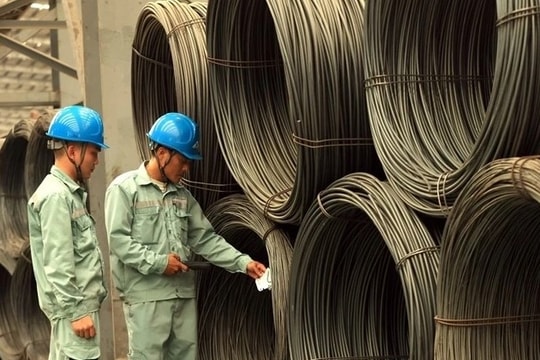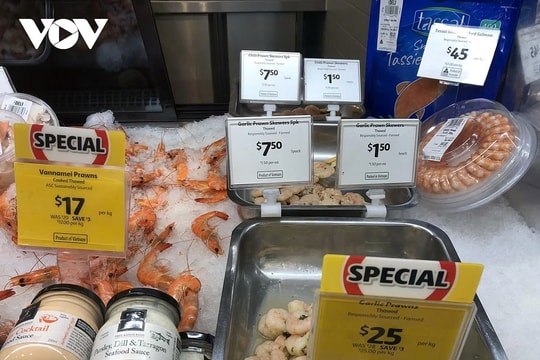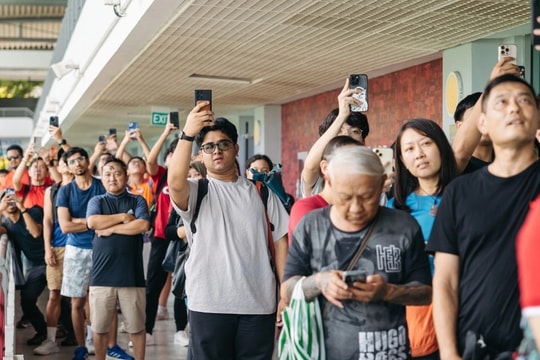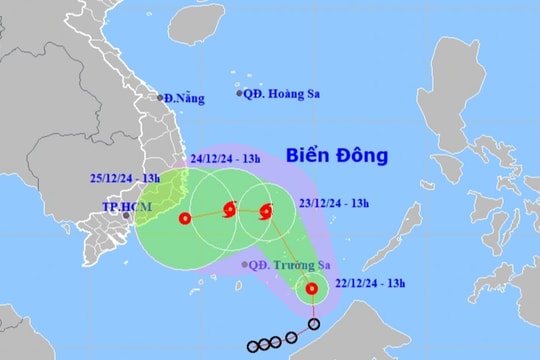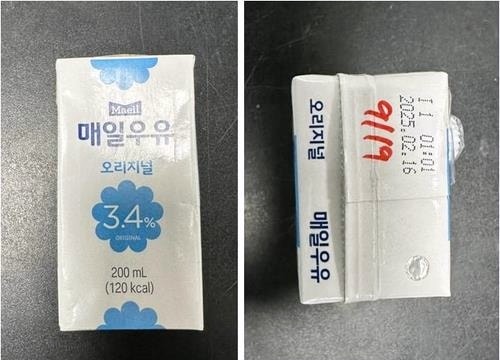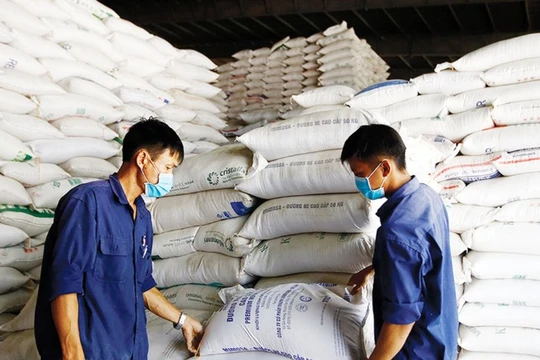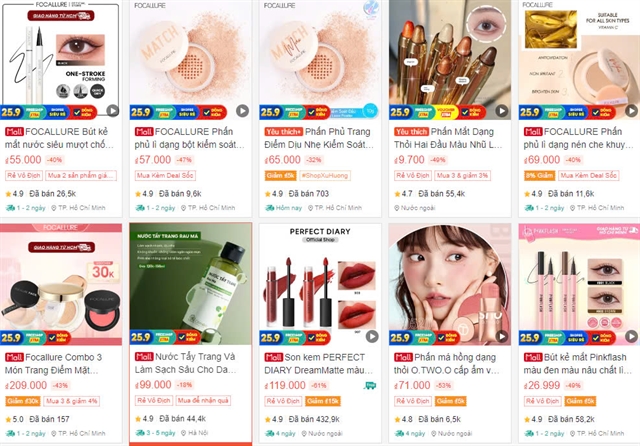 |
| Cosmetics are one of the most popular product categories on e-commerce platforms. — VNA/VNS Photos |
Hải Yến
HCM CITY — The management and control of counterfeit and low-quality cosmetics, which are being sold widely on e-commerce platforms, has become an urgent issue.
Strengthening the inspection of cosmetics production and business activities and establishing legal frameworks for market oversight is seen as a critical measure to regulate the industry, experts have said.
The rise of e-commerce platforms such as Shopee and Lazada, combined with the widespread use of social media like Facebook and TikTok for shopping, has created an ideal environment for the sale of cosmetics.
A report by the Ministry of Industry and Trade’s Department of E-commerce and Digital Economy showed that nearly 75 per cent of Internet users in Việt Nam shop online, with cosmetics being one of the most popular product categories.
In the first half of 2024, total sales in the beauty sector on e-commerce platforms reached VNĐ26 trillion (US$1.05 million), a more than 50 per cent increase compared to the same period last year. The volume of products sold was also staggering, with 257 million cosmetic items consumed nationwide.
Notably, Shopee accounted for 80 per cent of the total sales, making it the most popular platform in the Vietnamese market.
These figures show the rapid growth of the cosmetics industry on e-commerce platforms. With just a few clicks, consumers can place orders and receive products at home without stepping outside.
The most popular products are those in the VNĐ100,000-200,000 price range, accounting for 26.7 per cent of total sales. Other price segments, such as products under VNĐ100,000 and those over VNĐ500,000, also saw stable sales of around 20 – 21 per cent.
But the ease of buying cosmetics online has also brought significant risks for consumers. Many have faced issues such as counterfeit, low-quality or unverified products. A major concern is that registering as a seller on e-commerce platforms is incredibly simple – so simple that anyone can become a seller after just a few steps, without undergoing strict product quality checks.
Although e-commerce platforms have implemented joint inspection policies, it remains difficult to detect counterfeit or substandard products by merely inspecting their packaging. Often, it’s only after using the products that consumers realise the quality does not match authentic versions.
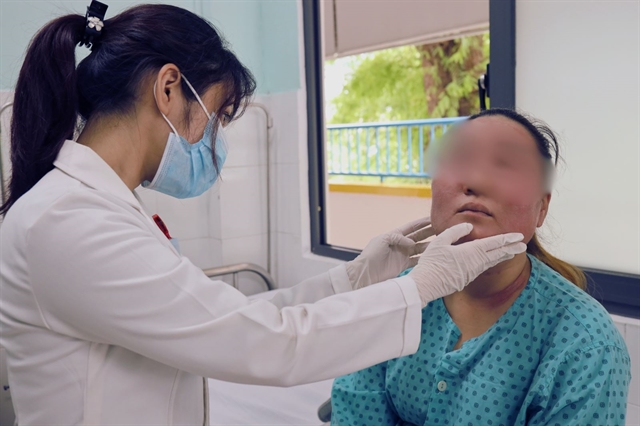 |
| D.B.T.L., a 28-year-old from HCM City, is hospitalised after using cosmetics sold on Tiktok livestream. |
Using poor-quality cosmetics can lead to serious health consequences. D.B.T.L., a 28-year-old from HCM City, purchased a ‘skin rejuvenation combo’ after watching a TikTok livestream. The product promised to eliminate freckles, regenerate the skin and provide instant rejuvenation.
However, after just three days of use, her face became swollen, itchy and started oozing fluids.
Despite contacting the store for advice, her condition worsened, ultimately requiring her to be hospitalised for allergic dermatitis and secondary bacterial infections.
L.’s case is just one among many cases of patients who have suffered complications after using counterfeit cosmetics. According to doctors at the HCM City’s Dermatology Hospital, numerous patients have purchased exfoliating products or creams from unverified sellers on social media, leading to issues such as skin peeling, blisters, infections and even the risk of permanent scarring.
The danger of using counterfeit cosmetics is further heightened by the presence of harmful chemicals like mercury, corticosteroids or harsh bleaching agents in many of these products. These substances not only cause immediate skin damage but also have long-term effects, such as thinning skin and the loss of the skin’s natural protective barrier, resulting in chronic infections and dermatitis. Prolonged use of products with high chemical concentrations can cause serious health issues beyond the skin, affecting other organs in the body as well.
What is particularly alarming, doctors said, is that consumers often cannot tell they are using a substandard product until complications arise. Many only realise the damage when it is too late, at which point treatment can be much more costly than the price of the authentic product.
Strengthening legal framework
The Ministry of Health and other authorities have taken steps to curb the rampant sale of counterfeit and low-quality cosmetics.
The Drug Administration of Việt Nam under the Ministry of Health issued a directive requiring local health departments across the country to collaborate with relevant agencies in inspecting cosmetics manufacturers and retailers. The focus of these inspections is on businesses operating on e-commerce platforms and social media.
The authorities have not only uncovered substandard and counterfeit cosmetic products but also identified businesses that fail to comply with legal regulations.
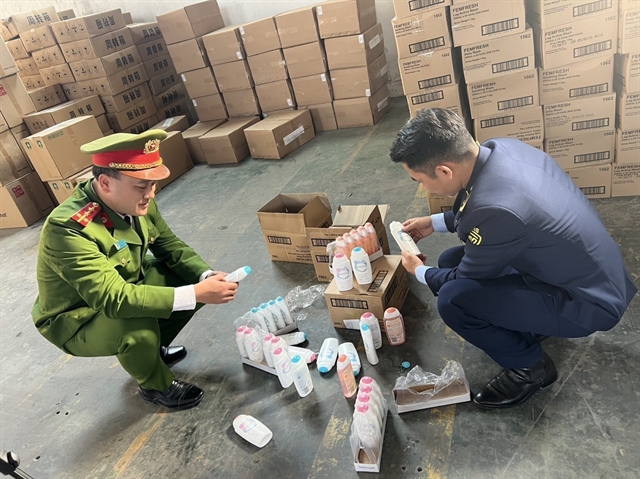 |
| Hà Nội Market Watch, in co-operation with Chương Mỹ District's Police Department seize substandard and counterfeit cosmetic products in Chương Mỹ District in Hà Nội. |
In early 2024, HCM City’s Department of Heath strengthened inspections of cosmetics advertised on social media like Facebook, TikTok, Zalo and YouTube.
Authorities uncovered numerous cosmetic products falsely advertised with claims of curing diseases, altering bodily functions or promoting benefits beyond their approved uses.
The Department of Health has confiscated substandard products and ordered the destruction of all unregulated or falsely advertised cosmetics.
To address this issue, the authorities have urged e-commerce platforms to strengthen cooperation with inspectors and to enforce stricter legal documentation requirements for products before allowing them to be sold.
E-commerce platforms are also encouraged to implement measures such as pre-delivery product inspections to ensure quality control.
In parallel with enhanced inspections, the Ministry of Information and Communications has introduced measures to regulate advertising by influencers and businesses on social media. Influencers are now required to promote only products they have personally used, ensuring authenticity and accountability for consumers.
A representative from HCM City's Department of Information and Communications revealed that a database has been established to classify advertisements by influencers, media companies and multi-channel management networks. This enables authorities to monitor and take action against false advertising and prevent sellers or channels in violation from reappearing on social media.
The Ministry of Culture, Sports and Tourism is working to incorporate this regulation into the Advertising Law. This development is seen as a significant step toward curbing the promotion of substandard products by influencers, whether intentionally or inadvertently, and protecting consumers from harmful products.
HCM City's Department of Culture and Sports has expressed support for this draft regulation, as it would not only increase the accountability of influencers but also enhance transparency and ensure the quality of advertised cosmetic products. By tightening controls on social media advertisements, consumers will be better protected from misleading information.
In addition to regulatory measures, raising consumer awareness about the dangers of counterfeit cosmetics plays a crucial role in addressing this issue. Public campaigns promoting cosmetics safety and warning consumers about the risks of online shopping are being actively disseminated through mass media channels. — VNS





